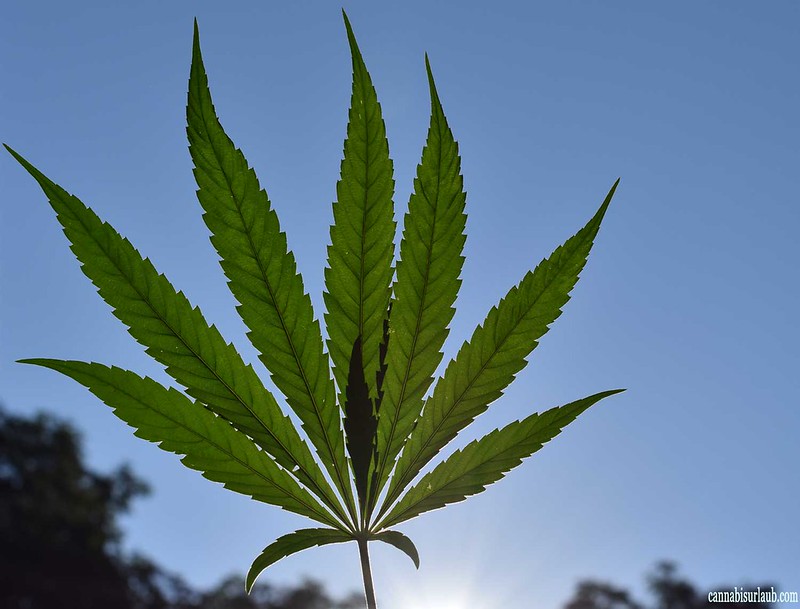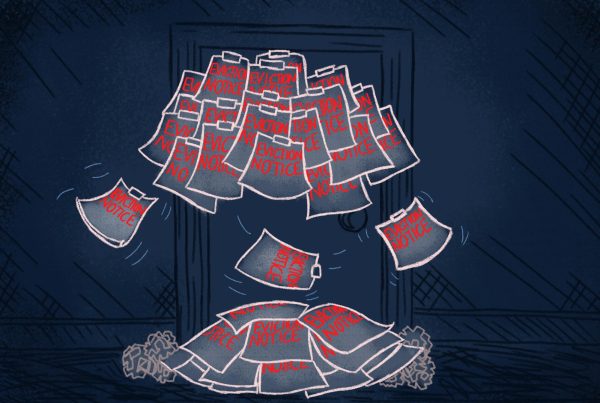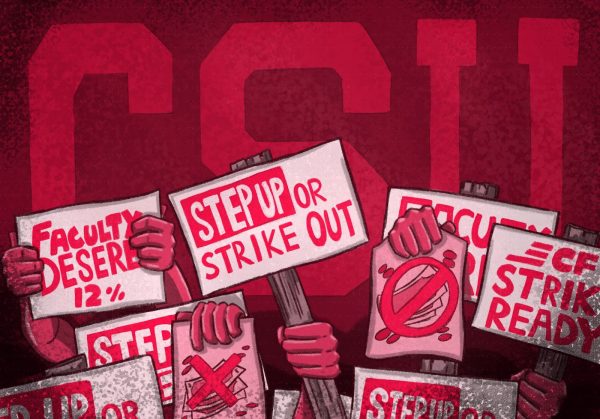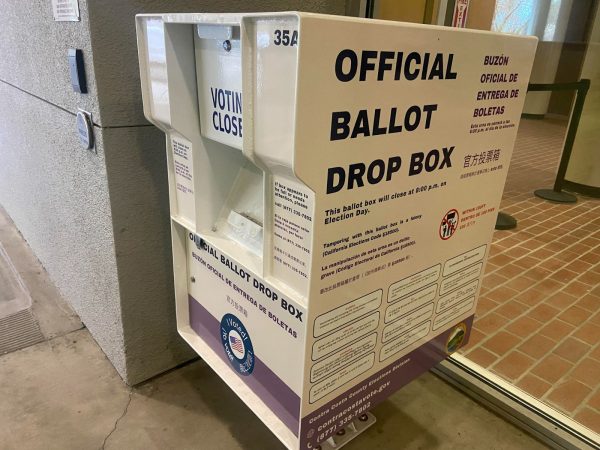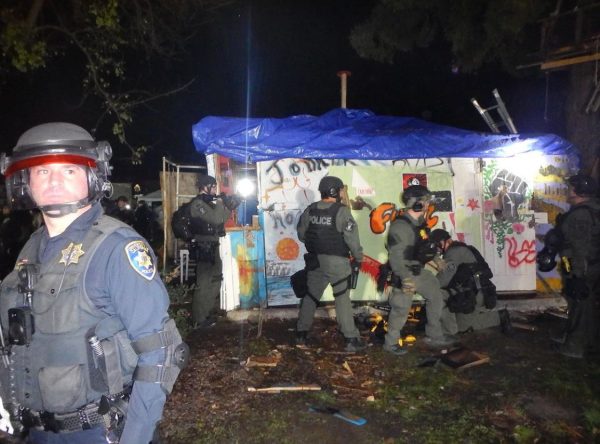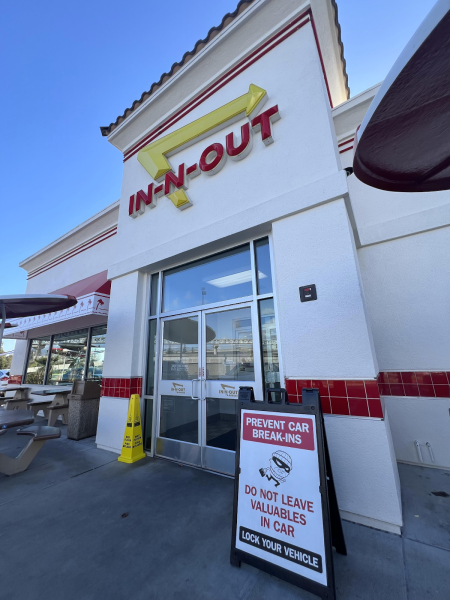DVC Offers Entrepreneurship Opportunities Within the Cannabis Industry
December 2, 2021
In recent years, the legal cannabis industry has been booming, as new products launch and more people get interested in entering the business. Like any other industry, the question now for many is: how do I get my foot in the door?
This Thursday, Dec. 2, from 5 p.m. to 6 p.m., a Zoom-held Cannabis Entrepreneurship panel hosted by the Business Administration Department at Diablo Valley College will seek to provide answers, highlighting the school’s new cannabis program launched in 2020 that offers students both a horticulture and business class in cannabis – which now form part of the Master Growers certificate program.
Participants at the event will talk about what it was like to open a business in the industry, including dealing with complex licensing issues, said Michael Miller, one of the directors of the program. Panelists will also offer advice about networking and starting a career in the cannabis industry, he said.
The scheduled speakers include Dr. Bill Silver, the president of Doobie, which is described as “a high-touch cannabis delivery service”; Alicia Windgard, the chief operating officer and founder of Flora Terra, a dispensary in Santa Rosa, Calif.; and Kika Keith, the founder and owner of the first Black- and women-owned dispensary in Los Angeles.
“One of the ideas behind this panel is not only from an entrepreneurial perspective to give [students] an idea of what’s out there, but also, what does somebody need to do to stick their toe in the water?” Miller told The Inquirer in a recent interview.
Questions likely to emerge from the conversation include what brought people into the business, whether it’s a good business to be in, what kinds of future opportunities the industry presents, and who cannabis companies are seeking to hire. A Q&A session at the end will allow attendees to ask any questions they may have.
Miller said people’s fear of the tobacco industry taking over the nascent cannabis industry is a specific topic the discussion may address. Unlike Big Tobacco, he said, in the cannabis market, more people seem willing to help one another rather than stepping on heads to get to the top.
“There is a 600-pound gorilla sitting on the sidelines right here, and that is the tobacco industry, Marlboro and all the different cigarette companies,” Miller explained. “They’re ready to [get involved], they’re not going to go until it’s nationally legal I don’t think, so one of the questions I’m going to ask them is, ‘What do you think is going to happen if [Big] Tobacco jumps into the industry?’”
Many students who have participated in DVC’s new cannabis classes have already found guidance from some of the speakers they have encountered. Sebnem Gures, who took “Entrepreneurship: Starting an Industrial Hemp Business” (BUSMG-150IH), said she found the class a helpful addition to her major in business management.
“It was more about the business side,” Gures said, and “that’s why it’s perfect if you’re planning on going into the [cannabis] business.” She said the many speakers invited to her class provided essential lessons for networking, and she plans to pursue the Master Growers certificate program.
Another student, Zachary Moore, who also took the industrial hemp business class in Spring 2021, said he already had some experience working in the industry at CW Analytical, a cannabis testing laboratory. Now, Moore said he plans to go into a more chemistry-based setting, because “the research side is really interesting to me.”
Moore said his enrollment in the cannabis program helped “put me in contact with people I had not been in contact with before” and provided an essential networking experience. One thing he learned from the various guest speakers: “You can’t go into it thinking you’re just going to launch a product and be successful right off the bat.”
Moore also said it was important that reputable institutions view cannabis as a real industry, and offer these programs as a way to counter the misinformation he sees getting spread elsewhere. This type of education “makes better products, makes better medicine, [and] makes people happier,” said Moore, who plans to continue with the Master Growers certificate program in the future.
According to Miller, the two experimental classes that have already been approved and taught at DVC include one in the horticulture department, Cannabis Cultivation, along with the hemp entrepreneurship class. In Spring 2022, that class will change its name to BUSEN-193: Business Entrepreneurship, and will be offered as an official, non-experimental class.
The course will “bring to the table speakers to talk about various aspects in the industry,” including lawyers, said Miller.





































































